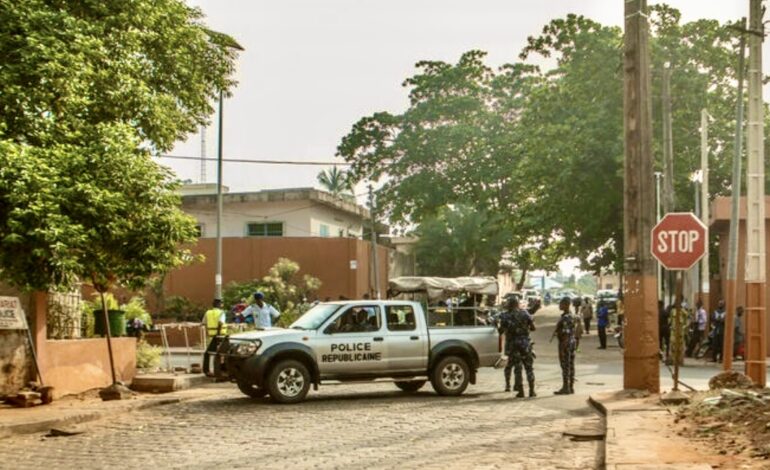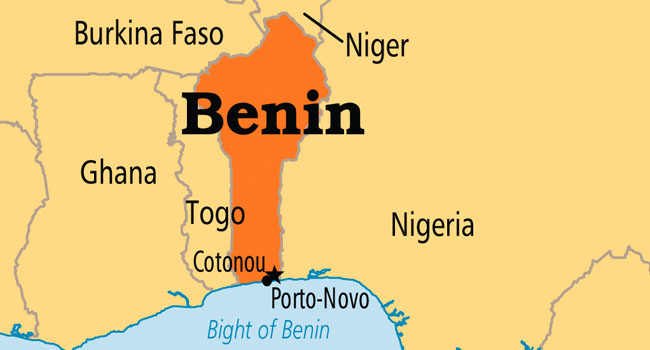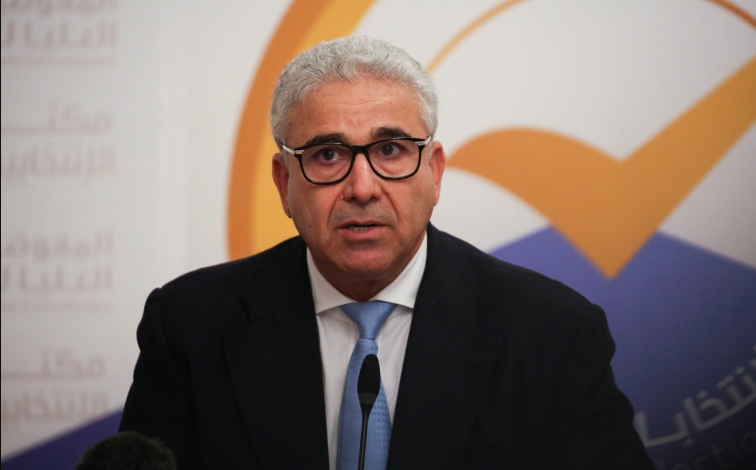
Ekeomah Atuonwu
The government of Benin republic has confirmed that at least eight people have been killed in attacks by suspected Islamic extremists in northern Benin, including army soldiers, park rangers and a French instructor.
According to Benin government spokesman Wilfried Leandre Houngbedji, six persons were killed and a dozen others injured in an attack on a patrol of park rangers in the north of the National Park near the borders of neighboring Burkina Faso and Niger on Tuesday. Five rangers and their French instructor were killed in that attack, he said.
The rangers were part of an anti-poaching patrol organized by African Parks, an international organization that oversees various African parks, including the W National Park. The W park, which crosses Benin, Niger, and Burkina Faso, is shaped like an alphabet letter and follows the bends in the Niger River.
The Benin Armed Forces have deployed reinforcements to the region, and African Parks is working with the government to secure its employees and the neighboring civilian communities, according to the spokesman.
Although no group has claimed responsibility for the attack, Islamic extremist groups linked to al-Qaida and the Islamic State have wreaked havoc across West Africa, especially in coastal countries like Benin.

The French National Anti-Terrorism Prosecutor’s office says it has opened an investigation into the killings, adding that the French instructor involved was 50 years old.
A second attack occurred on Thursday in which a park’s patrol hit an improvised landmine and then was assaulted. A civilian and a park’s agent died in that incident, he said.
There have been multiple attacks against Benin’s armed forces since December, according to an internal security report seen by The Associated Press.
In December two Benin soldiers were killed by jihadists near the border with Burkina Faso.





Recent Comments